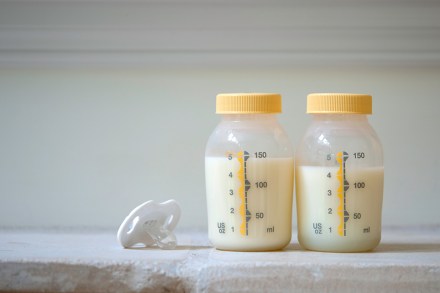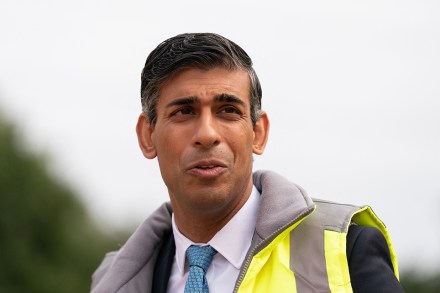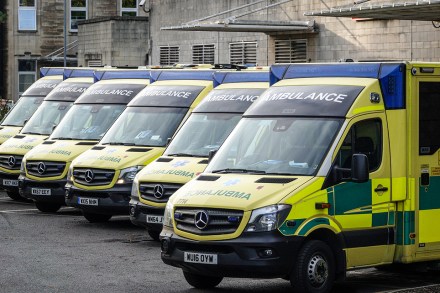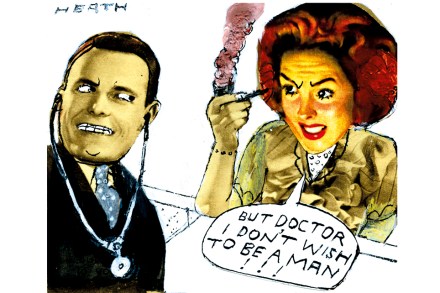Common sense prevails in the gender debate
The publication this week of the Cass Review into gender-identity services for young people marks a welcome return to reason in an area of medicine which for the past few years has been driven by identity politics. No one is denying that there are those who deserve psychological – and in some cases physical – help to cope with their condition. But the explosion in the number of children treated on the NHS for gender-identity issues (and in many cases being given powerful drugs with severe side effects) should have set alarm bells ringing long before it did. The NHS first set up its Gender Identity Development Service (GIDS) at



















